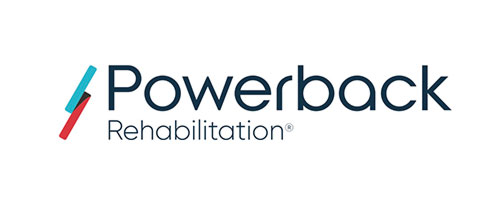Scientific research
All reports are FREE to ICAA Organizational and ICAA 100 members. Individual members need to upgrade to an Organizational and/or ICAA 100 membership to access reports.
Non-member can purchase reports by setting up a nonmember account, click on the Log-in button above to do so. Nonmembers can also access reports by purchasing an ICAA Organizational or ICAA 100 membership.
Access and utilize the ICAA library of scientific studies, reports and statistics to assist you with the development of your business case for wellness, program and community design and development, evidence-informed lifestyle choices and marketing strategies and approaches.
Topic- Public policy

Financial symptoms may predict dementia
Medicare beneficiaries who go on to be diagnosed with dementia are more likely to miss payments on bills as early as six years before a clinical diagnosis, according to research from the Johns Hopkins Bloomberg School of Public Health and the Federal Reserve Board of Governors. Organizations should be alert to symptoms such as missing payments on routine bills, especially since such bills could include monthly fees and costs for services.
morePublic policy

Older and younger drivers more apt to drive unsafe vehicles
Here's the kind of "intergenerational" news we can do without and need to take steps to avoid: A study from the Center for Injury Research and Prevention (CIRP) at Children's Hospital of Philadelphia found that teen drivers and drivers 65 years and older - two age groups at a higher risk of being involved in an automobile accident - are more likely to be driving vehicles that are less safe, putting them at even higher risk of injury. The findings underscore the need for these groups to prioritize driving the safest vehicle they can afford, according to the authors. Active aging organizations can play a role by becoming aware of which vehicles are less safe, and educating their constituents.
morePublic policy

Tech Talk: US FDA approves first home saliva sample test kit
I was alerted by MobiHealthNews literally several hours after the US Food Administration approved the first home-collected saliva sample kit for COVID-19 testing. It's worth reading the article for context on how these tests are moving forward and because this may be a convenient way for your constituents to be tested.
morePublic policy

AGS position paper addresses resource allocation in the COVID-19 era
The pandemic has raised the question of how society should allocate scarce resources during a crisis, and experts addressed the question in a new position statement from the American Geriatrics Society (AGS). "Unfortunately, some strategies use age as an arbitrary criterion, which disfavors older adults regardless of their function and health relative to COVID-19," said AGS President Annie Medina-Walpole, MD, AGSF. "With this statement, we hope to support hospitals, health systems, and policymakers as they develop resource allocation strategies for use in emergent situations that do not rely on age as a criterion."
morePublic policy

Stats: 55% of adults 70+ had care disruptions due to social distancing
More than half of all adults in the United States age 70 and older experienced a disruption in their medical care during the first month of social distancing (55%) due to COVID-19, an April 27 survey funded by The John A. Hartford Foundation and The SCAN Foundation revealed. This and other survey insights, which also cover issues such as loneliness, isolation, and favored sources of coronavirus information, can help inform current programming and priorities as organizations move toward reopening.
morePublic policy

No routine screening for cognitive impairment for adults 65+
The US Preventive Services Task Force (USPSTF) recommended against routine screening for cognitive impairment in adults ages 65 and over. The is important to providers because many different brief tests are available that assess one or more domains of cognitive function - i.e., complex attention, executive function, learning and memory, language, perceptual motor function, and social cognition. While some of these tests can be important as part of an evaluation for a diagnosis of cognitive impairment for people with symptoms, the potential benefits don't outweigh the risks in people without symptoms living in the community.
more


































